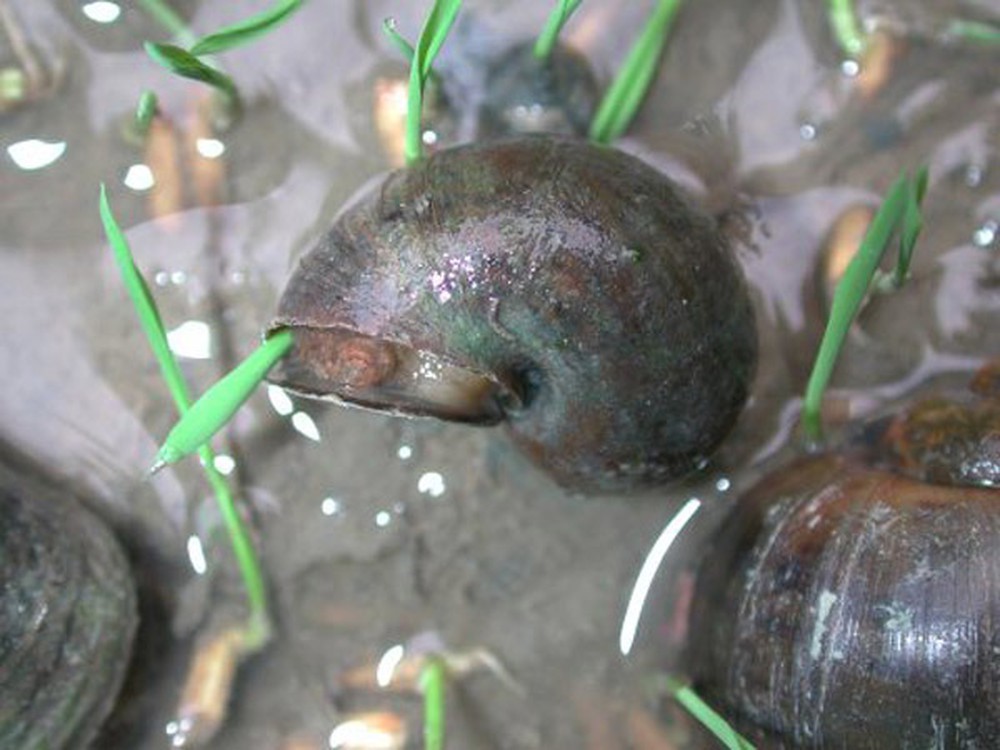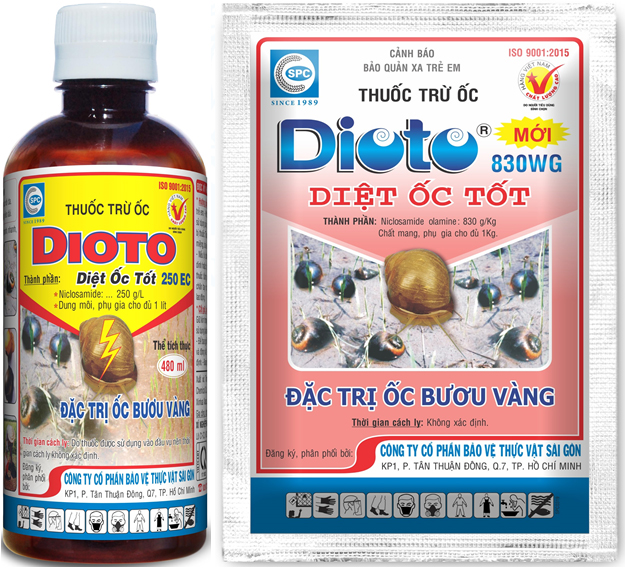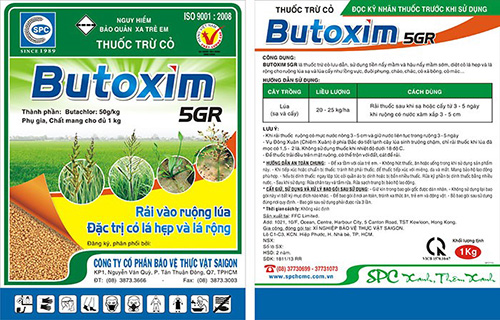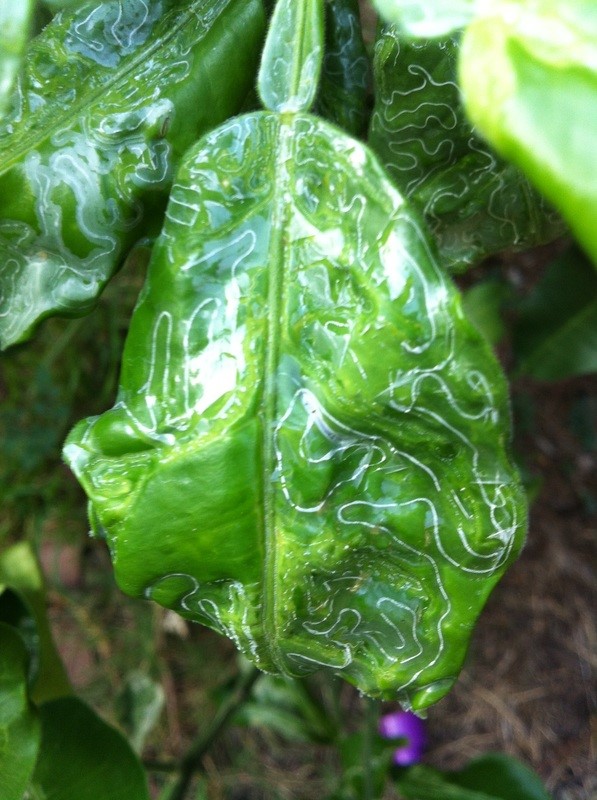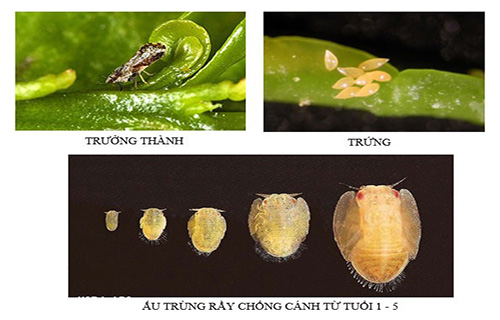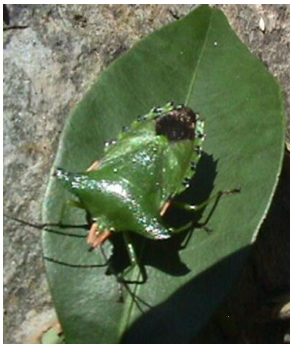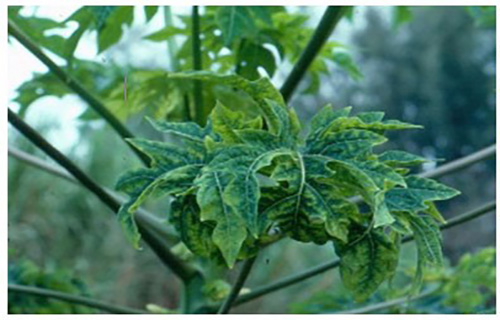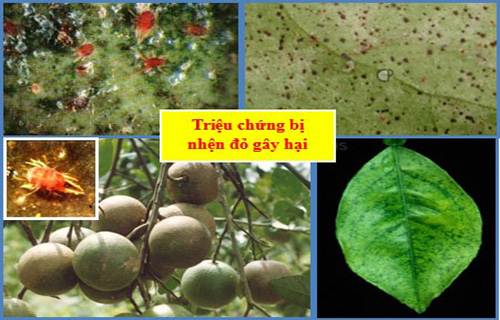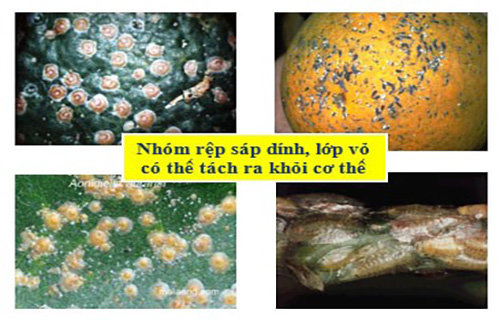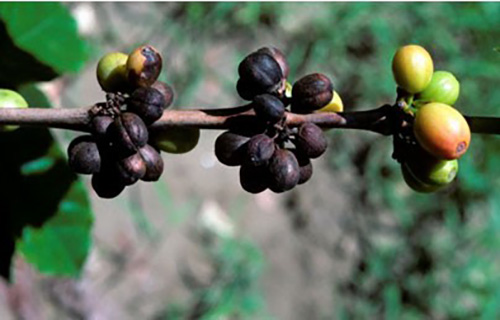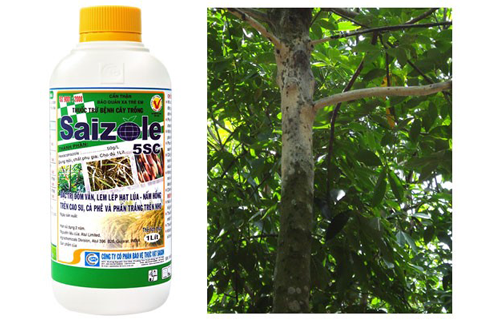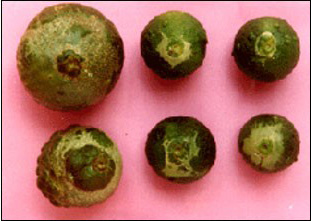|
Prevention of golden apple snails in the rice field
28/10/2021
MSc Huynh Kim Ngoc USE DIOTO 250 EC, DIOTO 830 WG FOR PREVENTION OF GOLDEN APPLE SNAIL IN THE RICE FIELD Golden apple snail is an exotic pest, originating from Brazil, introduced into Vietnam around 1985, the first damage was recorded in 1994 in Kien Giang and Ho Chi Minh City. Golden apple snails live in fresh water, acidic fields, alum, pH < 4 or salinity > 0.6% snails cannot live. Snails cause damage by biting off the seedling from sowing until about 20 days later. The sown field was more severely damaged than the transplanted field. Snails can cause damage around the clock, but usually cause damage mainly in the late afternoon and evening. To prevent and control golden apple snail, it is necessary to apply a combination of measures, which must be done continuously, widely and early before the season begins. Measures include placing nets at culverts, tree trunk made culvert to drain water, dredging trenches, catching snails by hand, planting stakes to collect eggs, plowing well, plowing deeply, bringing water into the field early (before sowing to lure snails out. then kill, do not put water into the field soon after sowing, just keep the field moist enough, in case of too many snails, the above measures are not effective, it is necessary to use snail killer such as DIOTO 250EC, 830WG. It should be noted that if the treatment with Chemical prophylaxis should follow the instructions on the label. DIOTO means Good Snail Killer, contains the active ingredient of Niclosamide, there are two forms of preparations: Emulsifiable concentrate (EC), Niclosamide content: 250 grams/L. Granular form (WDG), Niclosamide Olamine content: 830 grams/kg. DIOTO acts very quickly on respiratory and digestive functions, prevents sugar absorption and metabolism, making snails unable to absorb oxygen and nutrients but dies only after 15 to 30 minutes of spraying. DIOTO kills both large snails, small snails, thoroughly effectively, thereby saving control costs (products, time, labor). DIOTO is easily degraded by light, so it decomposes very quickly in the environment. DIOTO has little effect on the growth and development of rice and ecosystems in water. Spray DIOTO on the field, then a few days later, ducks are released to eat snails. So far, no resistance of snails to niclosamide has been recorded. Just spray DIOTO once, follow the instructions, kill snails for the whole crop. DIOTO belongs to toxic group 5 GHS, non-toxic to bees, birds, goats, sheep, low toxicity to humans, livestock and mammals, recommended by WHO for use in rice fields. User manual: * Dioto 250EC: Dosage: 1 liter/ha. Mix 100 ml of product in a 16-liter tank to spray for 1 field (1,000 m2). * Dioto 830WDG: Dosage: 200 - 600g/ha, depending on the field with more or less snails, can mix from 20g to 60g/16-liter tank to spray for 1,000 m2. Some note: + Spraying time: DIOTO can be sprayed at the following times: * Spraying before sowing: A few days before sowing, lead water into the field, lure snails to emerge and then spray, then prepare the soil for normal sowing. * Spraying after sowing: Spray as soon as water is taken into the field to prepare for the first wave fertlization (about 7-10 days after sowing). + Water level: When spraying, keep the water level about 3-5 cm. After spraying, continue to keep water for at least 2 days to kill all remaining snails. To ensure the complete destruction of snails, it is necessary to pay attention to: (1) do not spray when the field has no border, (2) the field is sown under water or (3) the water level in the field is too deep (over 5cm). + Should spray in the cool late afternoon. |
To prevent, in addition to plowing and burying weed seeds, collecting weed stalks and stumps left after tilling the land to burn, not letting weeds produce seeds in production fields, etc., the use of chemical products is still a measure. optimal because of its ability to thoroughly kill weeds, reduce labor and take advantage of more time than manual weeding.
Miner has the scientific name Phyllocnistis citrella Staint., family Phyllocnistidae, order Lepidoptera. The miner occurs in many countries in the tropics and subtropics. The main host of the miner is the citrus family - Rutaceae. In addition, the miner also attacks mangosteen and some other plants.
Adult is a small planthopper, with a body 2-3 mm long, the whole body is ash gray, slightly greenish, the wings are opaque with many small brown spots.Eggs are oval, 0.3 mm long, have a pointed end and are attached directly to the leaf surface, leaf axils.
Green bugs specialize in the fruit of citrus groups (oranges, tangerines, lemons, grapefruits, kumquats...), some people call them orange bugs, or orange suckers. Their scientific name is Rhynchocoris poseidon or Rhynchocoris humeralis.
In Vietnam, yellow leaf curl disease is very common on papaya trees, especially the disease is often severe in areas of high and continuous planting, areas with hot and arid climates. The disease has significantly reduced the yield and quality of papaya. Gardens that are infected early when the plants are young may not yield. However, up to now, many gardeners still do not know the cause and how to fix it.
Spider mites are common pests on citrus trees, especially in hot and dry climates that are suitable for spiders to grow and cause severe damage.The group of harmful spiders is usually very small in size, unlike the natural enemy spiders.
This group includes species that are generally very small in size, causing damage by sucking plant sap (on leaves, fruits, branches, stems).
There are many species of mealybugs present on the group of Oranges,Tangerines,Grapefruits and Lemons (Citrus), which can be divided into 2 groups:
+ Group of sticky mealybugs with common varieties such as Lepidosaphes, Aonidiella, Coccus and Saissetia.
+ Group of flower mealybugs with common genera and species such as Pseudococcus, Planococcus and Icerya purchasi.
Dry branches and berries disease often appear to be common damage on coffee gardens during the rainy season. The disease causes death of branchs, dry fruit, severely affects the canopy structure and coffee yield if not paid attention to prevention.
Pink disease commonly causes diseases on rubber plantations in the rainy season, especially on garden from 4-8 years old. This year, rubber has to go through a period of severe drought, weakening the tree, so now in tnshe rainy season it is easy to get infected. Therefore, it is necessary to pay attention to good management to avoid affecting the garden.
In recent years, the area of citrus has been expanded because it is a fruit tree with high economic efficiency. However, in order to sell at a high price, not only in quality but consumers also require the external beauty of the fruit, so pest management on citrus is a matter of great concern to farmers. The hot season is a favorable condition for thrips to develop and cause damage, affecting the commercial value of fruit.
- Headquarters
- SAIGON PLANT PROTECTION JOINT STOCK COMPANY
- RQ 1, Nguyen Van Quy St., Tan Thuan Ward, HCM City
- Tax code: 0300632232
- Tel: (028) 38 733 295 - 38 732 077
- Fax: (028) 38 733 003 - 38 733 391
- Website: www.spchcmc.vn - Email: info@spchcmc.vn
- SAIGON PLANT PROTECTION COMPANY
- SAIGON PLANT PROTECTION JOINT STOCK ENTERPRISE
- Lot C1-C3 Hiep Phuoc Industrial Park, Hiep Phuoc Commune, HCM City
- Tel: (028) 3873 4089 - Fax: (028) 3873 4086
- Affiliated Unit
-
- Quick Links
- Home
- About us
- Career Opportunities


